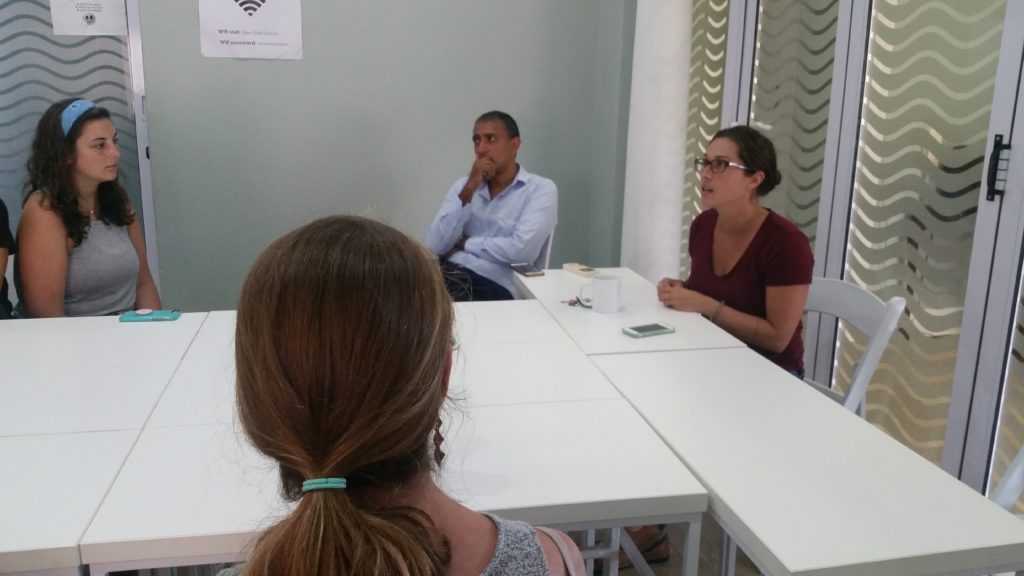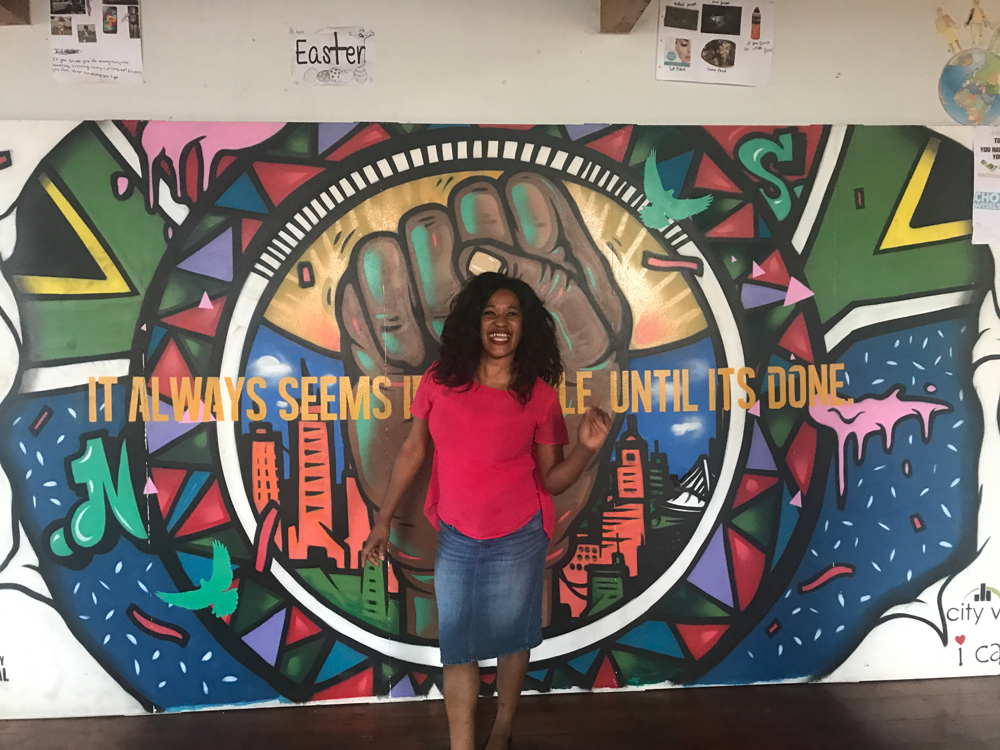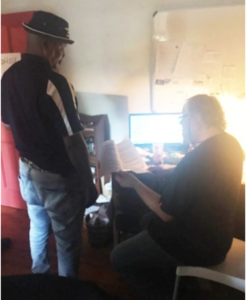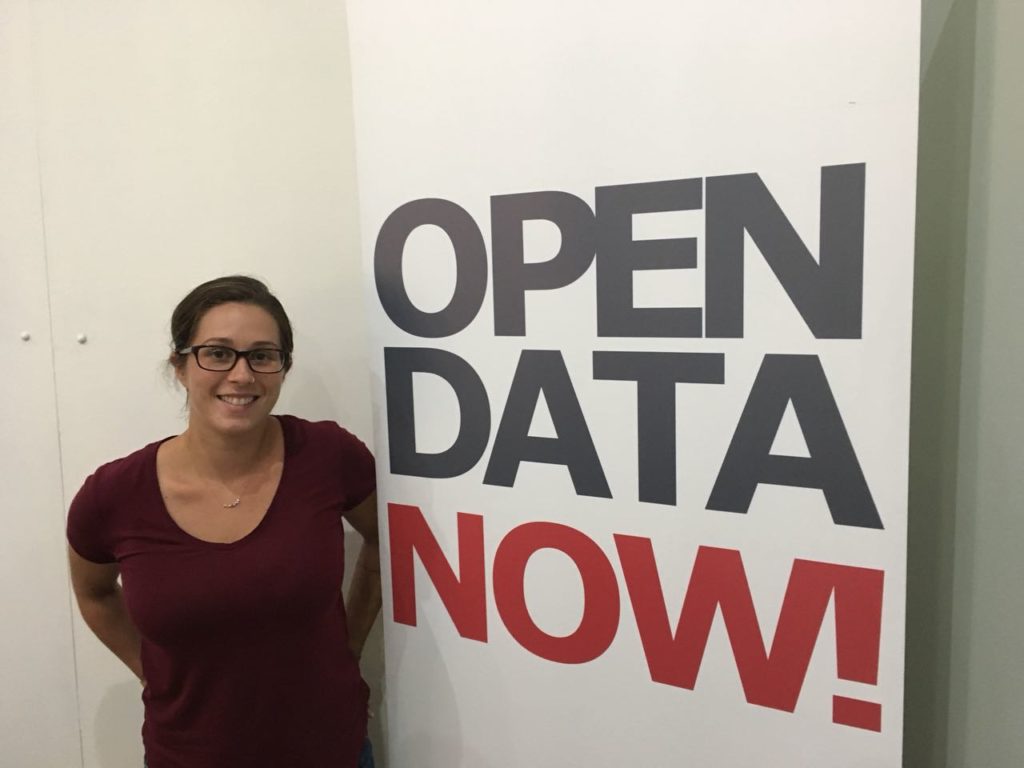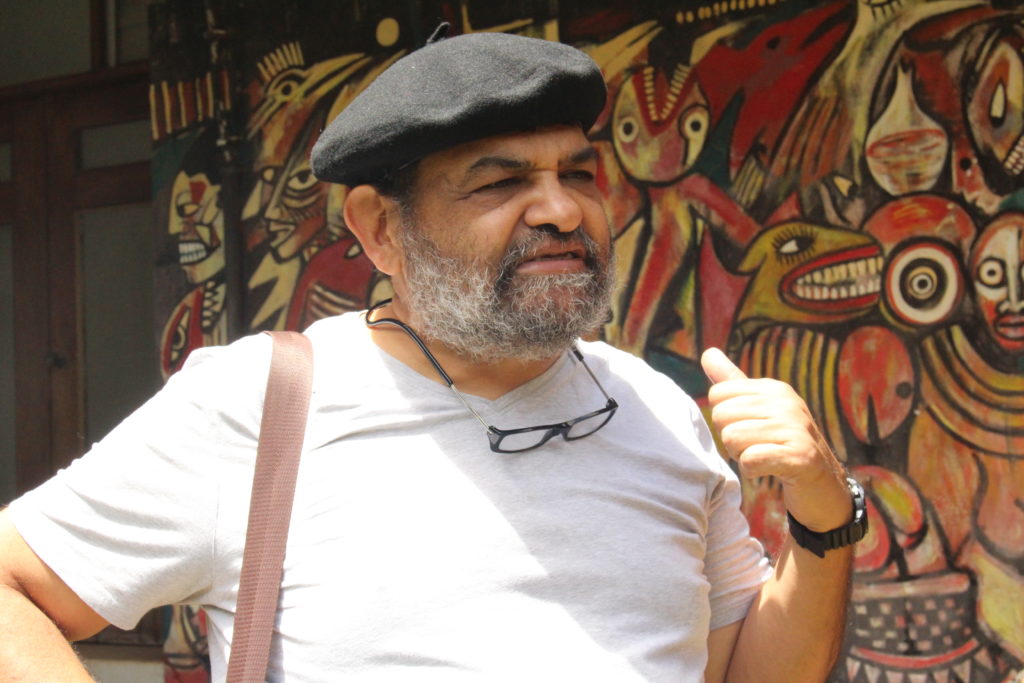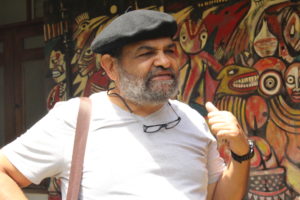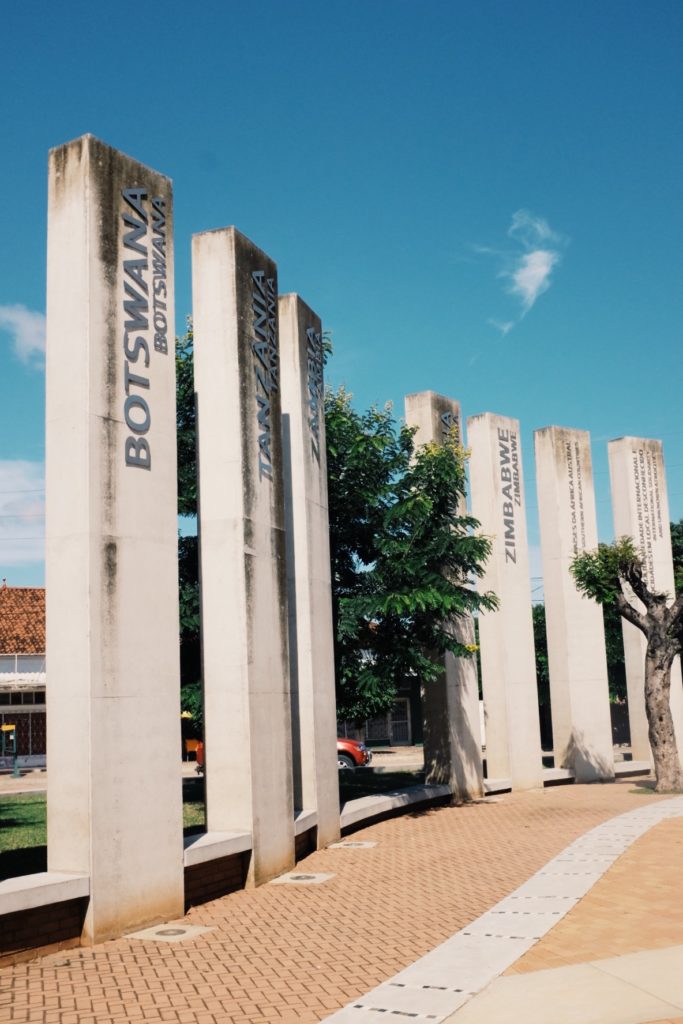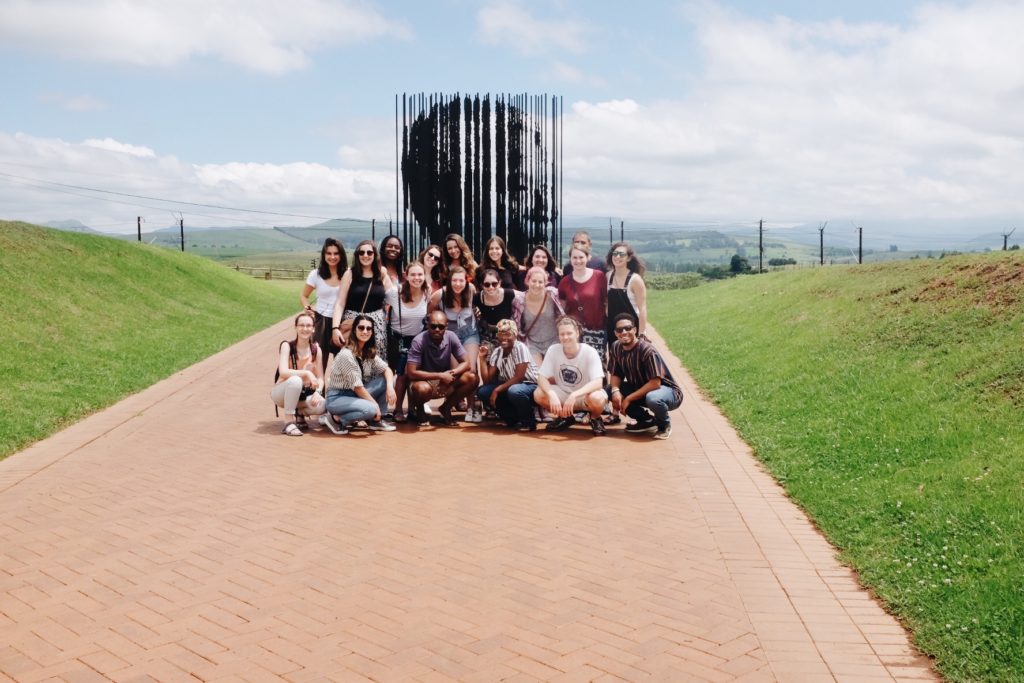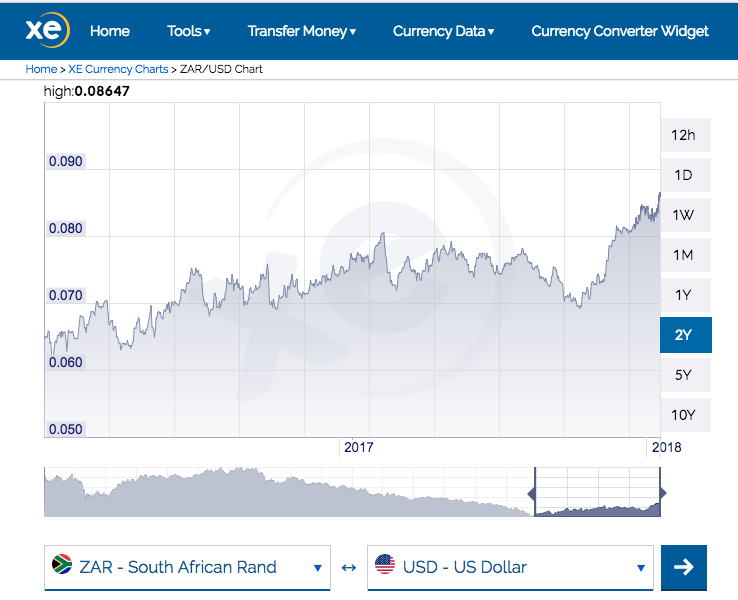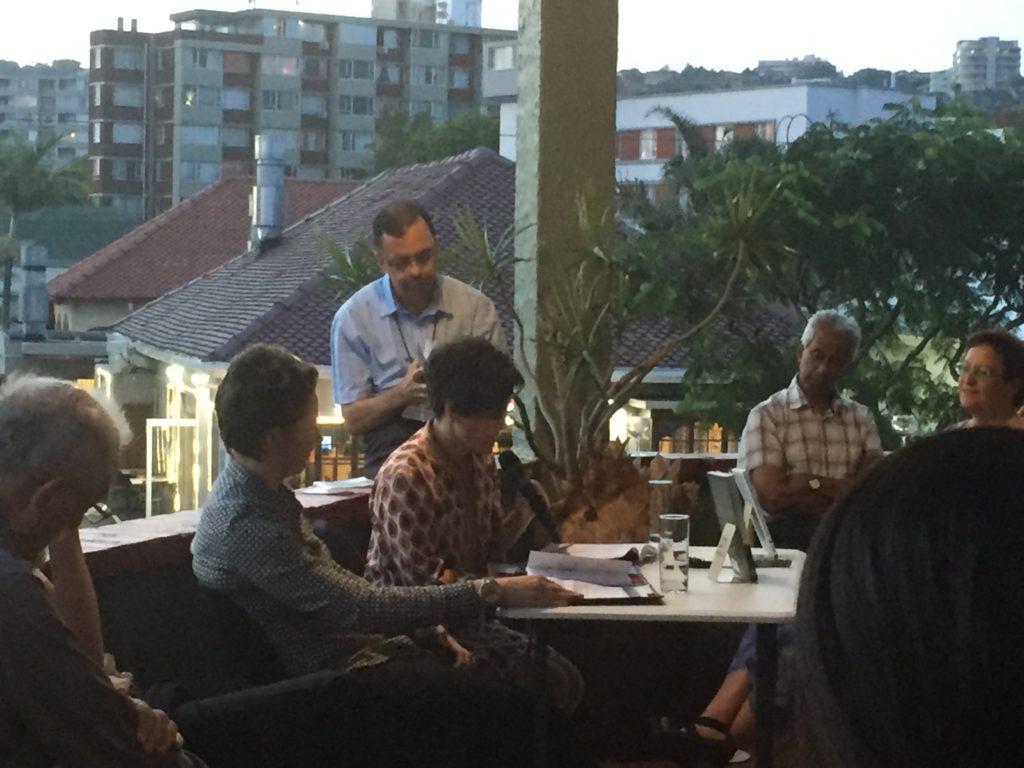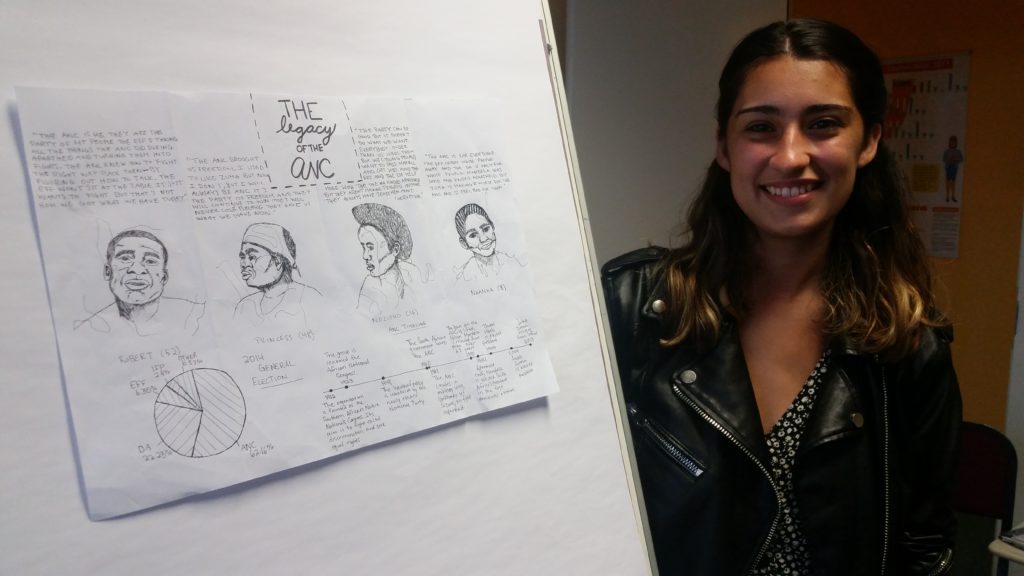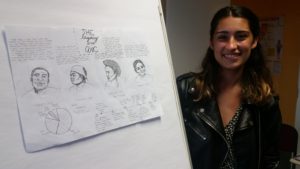Image: Sophie McManus, Programme Lead (far right), meets with a group of students from the School for International Training (SIT).
By Hannah Green
What would happen if it was possible to text the government and receive a personal response? What changes would we see if community information was recorded and distributed in a more accessible manner? What would be the impact of teaching data analytics in school?
These are the types of social data questions the team at Open Data grapples with.
Open Data is a non-profit civic technology lab located in Durban. The organisation’s mission is to share knowledge in mediums and languages that are accessible to all citizens. They recognise that technology can play a role in connecting people and communicating important information. Their final products can take the form of graphics, websites, reports or workshops that share research results with local communities.
“What we start with isn’t a platform or a tool or a solution. We start with a problem. It starts from capturing user needs,” explained Sophie McManus, Programme Lead. She said that Open Data’s projects usually arise from concerns raised by the government, non-profit organizations, and the media or community members.
One of the team’s current projects, codenamed Durban Answers, is to revamp local government websites. McManus said that ordinary people found the current sites difficult to interact with and lacked information needed by the public.
“We are going to take all the information on government websites and turn it into a more usable format,” she explained. To do that, Open Data needs to collect information on what people want to know.
For this, Open Data uses methods like SMS polls but McManus also noted that technology excludes many South Africans.
“Many people have the problem of access to Internet or to data. They have, I believe the term is ‘dummy phones,’ that don’t have (web) access,” she said, “What we have found is that people who have access to technology and are comfortable using it are the people most likely to answer in our campaigns.”
As a result Open Data has taken information gathering offline, holding meetings and workshops for each project. Recently, the Durban Answers project team met with a range of people, from fishermen to businesspeople, to see “what information they need and how we can bring it to them,” according to McManus.
The team also holds workshop throughout the year to engage techies and non-techies alike. Their monthly meet-ups feature guest speakers, hackathons and collaborations on projects. McManus said that this promotes Open Data’s mission to be accessible to all South Africans.
You can read more about Open Data, explore their meet-up schedule and share project ideas with the organisation here.




